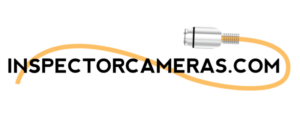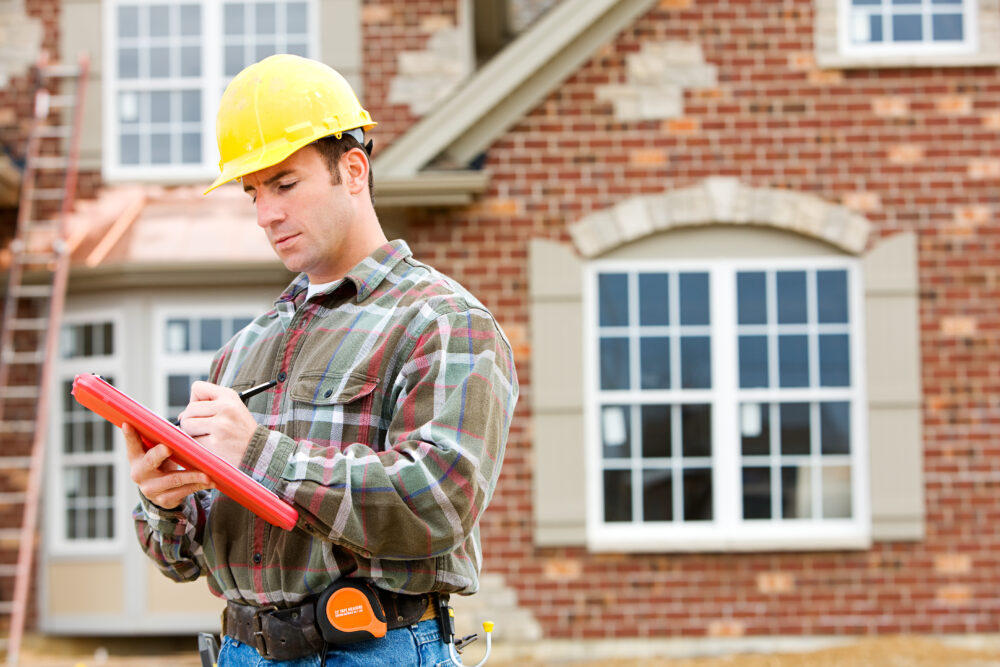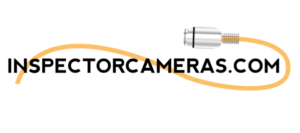As a home inspector, you know that a thorough, accurate inspection is crucial for both the buyer and the seller. In this comprehensive guide, we’ll explore the best practices that will help you excel in your profession, ensuring a top-notch inspection every time. Ready to level up your skills? Let’s dive in!
The Crucial Role of Home Inspectors
Why Home Inspections Matter
A home inspection is a vital step in the home-buying process. It not only provides valuable information to the buyer but also helps the seller address any potential issues. But how can you, as a home inspector, ensure that you’re providing the best possible service?
The Key Components of an Effective Home Inspection
Structural Assessment
The backbone of any home inspection is assessing the structural integrity of the property. Check for signs of foundation problems, cracks in walls, and sagging or uneven floors. Remember, a stable foundation is the key to a safe and sound home.
Roof Evaluation
A leaking or damaged roof can lead to costly repairs. Inspect the roof for missing or damaged shingles, signs of water damage, and proper ventilation. Don’t forget to examine the gutters, downspouts, and flashing for any issues.
Plumbing and Electrical Systems
A home’s plumbing and electrical systems are essential for everyday living. Check for leaks, outdated wiring, and malfunctioning fixtures. Be thorough and ensure that all aspects of these systems are up to code.
Going Above and Beyond: Best Practices for Home Inspectors
Clear Communication
Effective communication is crucial in any profession, and home inspection is no exception. Be transparent about your findings, and explain any issues you discover in simple terms. This will help build trust between you, the buyer, and the seller.
Ongoing Education
Stay up-to-date with the latest industry standards, technologies, and regulations. Regularly attend workshops, webinars, and conferences to ensure you’re providing top-quality inspections.
Use Advanced Technology
Embrace technology to enhance your inspections. Use tools like infrared cameras, moisture meters, and gas detectors to provide more accurate and detailed assessments.
Professionalism and Ethics in Home Inspection
Impartiality and Objectivity
As a home inspector, it’s important to maintain a neutral stance. Conduct your inspections without bias, and provide an honest, objective assessment of the property.
Confidentiality
Respect the privacy of your clients. Keep their information confidential and share your findings only with those directly involved in the transaction.
Building Your Reputation as a Top Home Inspector
Networking and Marketing
Grow your business by building relationships with real estate agents, lenders, and other professionals in the industry. Attend local events and develop a strong online presence to boost your visibility.
Customer Service
A satisfied client is your best marketing tool. Provide excellent customer service by being responsive, punctual, and attentive to your clients’ needs.
Conclusion
Incorporating these best practices into your home inspections will set you apart as a top-notch home inspector. By staying current with industry standards, utilizing advanced technology, and maintaining a strong sense of professionalism and ethics, you’ll provide exceptional service to your clients and build a stellar reputation in the process.
FAQs
How can I continue my education as a home inspector?
Look for accredited courses, workshops, and conferences offered by professional organizations in the home inspection industry. Online webinars and training resources are also excellent options for staying up-to-date with the latest trends and regulations.
What advanced technology tools are recommended for home inspectors?
Infrared cameras, moisture meters, gas detectors, and drones are all valuable tools that can help you provide more accurate and comprehensive assessments during your inspections.
How can I effectively communicate my findings to clients?
Use clear, concise language to explain your findings. Avoid technical jargon and focus on describing the issue, its potential impact, and any recommended solutions in a way that’s easy for your clients to understand.
What are some ways to network with other professionals in the industry?
Attend local real estate events, join professional organizations, and participate in online forums dedicated to the home inspection industry. Building connections with real estate agents, lenders, and other home inspectors will help you expand your network and grow your business.
How can I ensure I maintain impartiality and objectivity during my inspections?
Approach each inspection with an open mind, and focus on providing an honest, unbiased assessment of the property. Avoid making assumptions, and always base your findings on observable facts and evidence.


